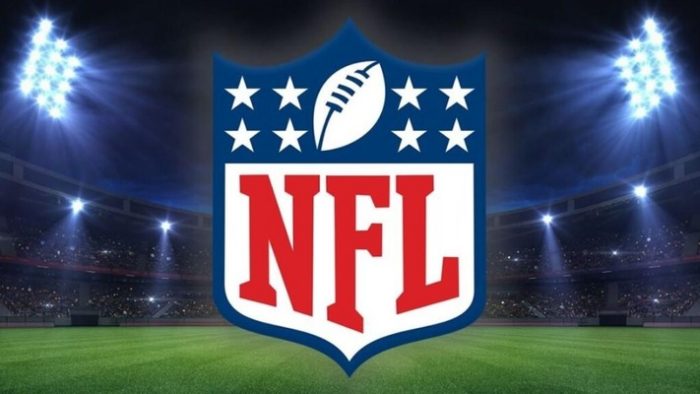The National Football League (NFL) has taken step towards modernising its ownership structure by approving a change that will allow private equity firms to invest in its teams.
NFL team owners have voted to permit private equity funds to acquire up to a 10% stake in individual franchises, potentially opening the league to $12 billion in new investments.
This move marks the first time the NFL, the most lucrative sports league in the U.S., has welcomed the buyout industry, joining other major American sports leagues that have embraced institutional investment.
The new rule permits team owners to sell minority stakes to private equity firms, with preferred buyers including Ares Management, Arctos Partners, Sixth Street, and a consortium of Blackstone, Carlyle, CVC, Dynasty Equity, and Ludis, the latter led by former NFL player Curtis Martin.
Under the new guidelines, approved firms can purchase up to 10% of the common equity of individual teams but are barred from making preferred equity investments, which are prevalent in other leagues. Each investor must commit at least $2 billion to the league, including leverage, and may allocate this capital across multiple teams, with the total expected commitment reaching $12 billion.
Read Also: Chelsea survive Servette scare to book Europa Conference League spot
Ronaldinho’s son Mendes joins Burnley’s academy
To maintain stability and align with the league’s values, the NFL requires these buyout firms to hold their stakes for at least six years and limits each firm to investing in a maximum of six teams. A senior NFL executive noted that the chosen firms were selected for their ability to deploy substantial capital swiftly, though the list of preferred buyers may expand over time.
This decision provides team owners with an alternative avenue to raise capital as franchise values continue to soar and introduces Wall Street to the NFL.
“The support in the room today was very strong,” said Greg Penner, Walmart chair and co-owner of the Denver Broncos.
Penner emphasised the importance of offering new capital sources while preserving the league’s core partnership ethos.
The NFL is the last major U.S. sports league to adopt private equity investments, following Major League Baseball’s 2019 move, with soccer, basketball, and hockey leagues quickly following suit.
The NFL’s preferred buyers include some of the most prominent names in sports investment: Ares, which manages over $400 billion and has stakes in Chelsea FC and Inter Miami; Arctos, which has invested in the Golden State Warriors and Boston Red Sox; Sixth Street, which holds stakes in the San Antonio Spurs and Real Madrid; and Dynasty Equity, which has a minority stake in Liverpool.
Investors have long sought entry into U.S. football due to its lucrative media rights deals, including a $110 billion, 11-year contract established in 2021. This, along with revenue-sharing agreements, has bolstered franchise valuations. Recent sales reflect this trend, such as Rob Walton’s $4.6 billion purchase of the Denver Broncos in 2022 and the $6 billion acquisition of the Washington Commanders by Apollo Global Management co-founder Josh Harris in 2023.
As franchise valuations continue to climb into the billions, these changes aim to facilitate capital raising and partial sales for current owners. A private equity investor commented, “They need to institutionalize and increase franchise values. Josh bought the Commanders for $6 billion, and if he wants to sell it for $10 billion to $12 billion, not many people have that money. The law of large numbers is kicking in.”
Despite the relaxed rules, the NFL’s ownership policies remain more stringent than those of some other leagues, where private equity and investment firms can acquire full control of teams.
Examples include RedBird Capital Partners’ acquisition of AC Milan, Oaktree Capital’s control of Inter Milan following a significant loan default, Clearlake Capital and Todd Boehly’s £2.5 billion acquisition of Chelsea, and the Qatar Investment Authority’s recent investments in U.S. sports franchises.






